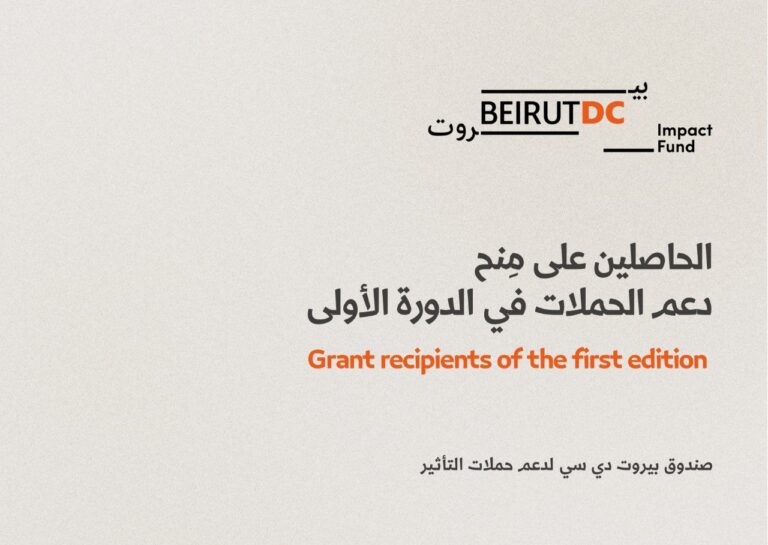An archive-based documentary that follows Lebanese society from the 1950s until today. It utilizes a wide range of archival material collected from newsreels, televised interviews, video art pieces, print, local television, newspapers, international news archives, documentary and narrative films, as well as local and international photographers + personal archives (home videos, photo albums). The film covers the oscillation between moments of war and peace during the following periods: the 50’s, Lebanon’s Glory days (the 60s & early 70s), the periods of war and civil unrest (1975-1991), and its “post-war” era (90’s until today). Featuring the stories, anecdotes, songs, art, and culture of the people who remained in Lebanon through these years, we begin to understand this society’s dynamics and psyche. Rather than recounting a more traditional history, the film attempts to portray a social/emotional history of the Lebanese people. It presents us with the conundrum of a country that is stuck between a rock and a hard place, unable to agree on its own past, hence blurring its own vision of the present and hindering itself from moving forward. The collective memory of the generations in question is studied through this film. The film’s focus is not on a deep nostalgia for the past or the promise of any answers, instead, it lingers on the questions raised about life in these challenging times and how it affects their experience of the present (how can we co-exist today?).
